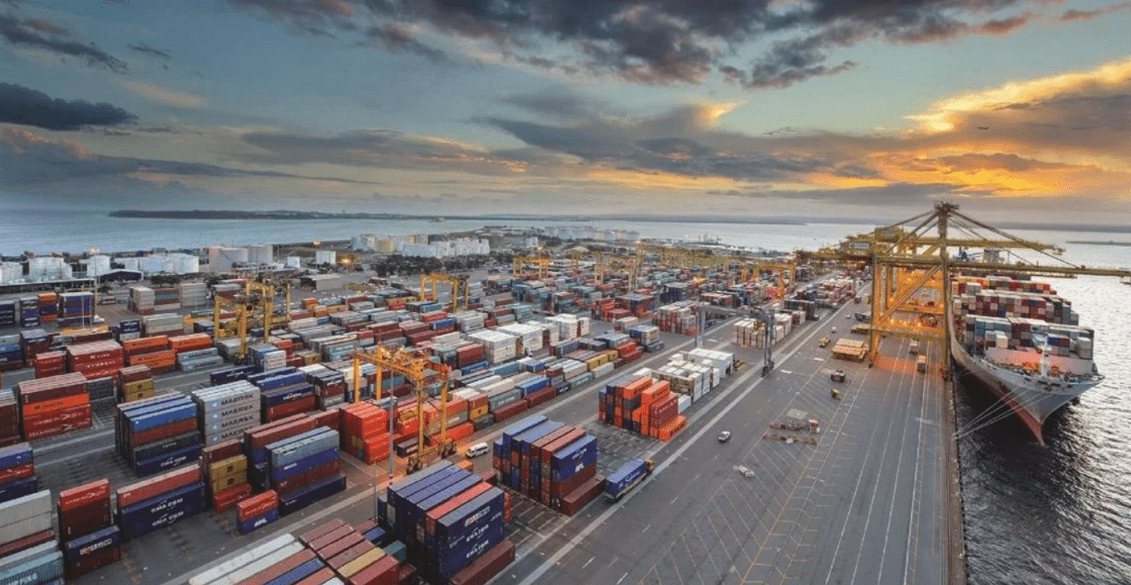
THE RURAL and Regional Affairs and Transport Legislation Committee has recommended that the Senate pass Biosecurity Protection Levy legislation in a report released on Friday.
However, the outcome was not without critics, with Liberal National Party members presenting a dissenting view which called for the Senate to block the proposal.
On March 21, the Senate referred the Agriculture (Biosecurity Protection) Levies Bill 2024 [Provisions], the Agriculture (Biosecurity Protection) Charges Bill 2024 [Provisions] and the Agriculture (Biosecurity Protection) Levies and Charges Collection Bill 2024 [Provisions] to the RRATL Committee to investigate the policy.
The committee held one public hearing on April 23, with producers from across grains, beef, sheep and horticulture industries, as well as national and state agricultural bodies, calling for the policy to be scrapped in favour of another revenue model.
Chaired by Australian Labor Party Senator Glenn Sterle, the Committee included National Party Senator Matthew Canavan, ALP Senators Raff Ciccone and Jess Walsh, LNP Senator Gerard Rennick and Greens Senator Peter Whish-Wilson.
Independent Senator David Pocock was not an official committee member but also participated in the inquiry.
While the RRATL Committee recognised that there were issues with the consultation process, they concluded that the levy would deliver on its goal to achieve adequate biosecurity funding.
“On balance, the committee is satisfied that the BPL will support the government’s commitment to provide sustainable, predictable, and permanent biosecurity funding,” the report said.
“The new BPL will ensure that those who directly benefit from Australia’s strong biosecurity system make a modest and direct contribution to ensure the system is sustainably funded into the future.
“Indeed, the committee notes that the revenue collected from the BPL will support a permanent increase to the annual budget appropriation for Commonwealth funded biosecurity activities.”
The report also noted that the Federal Government had committed additional funding to biosecurity of more than $1.03 billion over four years, and $267 million per year from 2027-28, as announced in the 2023-24 Budget.
This was on top of an increase in fees and charges for importers that came into effect in July last year, as well as the increase to the passenger-movement charge from July 1 this year.
The report acknowledged “stakeholder concerns about the design and effectiveness of the proposal”, but concluded that the BPL would not “replace or duplicate” existing levies or biosecurity activities by producers.
“While primary producers are currently a beneficiary, they don’t contribute directly to biosecurity efforts to manage the risks.”
The report highlighted criticism of other proposals put forward to replace the BPL, such as an increase in Full Import Declaration costs or the introduction of a container levy.
“[T]he committee notes that the government has increased the FID from 1 July 2023, a decision that effectively returned importer fees and charges to full cost recovery for the first time since 2015.
“In relation to whether a container levy could be applied on top of the return to full cost recovery that has already occurred, the committee notes comments from the department…that this may have implications for Australia’s international trade obligations.”
LNP dissenting view
In a dissenting report, Senators Canavan and Rennick contended that the policy was not a levy but “a tax being placed on hard-working farmers and their families”.
“It is our view that there is very little balance in this report which completely ignores the overwhelming evidence presented by submitters and witnesses, that in the very least, far more work needs to be done in terms of consultation around design, implementation, and industry preparedness,” the dissenting report said.
They also pointed out concerns from industry on how the levy would be collected, especially for the 26 commodities that currently do not have a levy system.
“Just 53 days out from implementation, there continues to be no clarity around who and how the levy will be collected, or how it will be imposed on a commodity.”
GPA critical
Grain Producers Australia called out some of the conclusions reached by the committee.
GPA chief executive Colin Bettles, who appeared at the public hearing, said claims of sufficient consultation with producers was grossly misleading.
“[S]ix months after this ‘consultation’ process, a new biosecurity tax was announced and suddenly Australian farmers are being told, not asked, to replace taxpayers and stump up another $50 million in a new levy/tax that’s actually going into consolidated revenue,” Mr Bettles said.
“The case to establish why all Australian farmers should pay more in taxes, to fund the Agriculture Department’s budget, was never established and still hasn’t been.”
A second reading of the BPL and related bills is expected to be heard when the Senate meets tomorrow.
If passed by the Senate, the levy would be in place from July 1.
The grains industry is expected to pay $12.5M towards the $51.8M BPL pool and is the largest single contributor of all agricultural commodities included in the initiative.
Nationals petition
Continuing its opposition to the legislation, the National Party last week launched a new petition against the proposed biosecurity levy, that National Leader David Littleproud has labelled Labor’s “fresh food tax”.
Stop the Fresh Food Tax, was launched at Beef 2024 to coincide with a protest and National Day of Action against the BPL.
Mr Littleproud urged all Australian farmers and families to get behind the campaign and sign the petition to stop Labor’s new fresh food tax.
“The Nationals proudly stand with the National Farmers’ Federation today and support our farmers on their day of action to scrap the tax,” Mr Littleproud said.
“We urge families and farmers to join us in this fight and to sign the petition to stop Labor’s fresh food tax.
“This new tax will hurt almost all Australians, because farmers will be forced to pass on costs, meaning families will feel more pain at the grocery checkout.”
Grain Central: Get our free news straight to your inbox – Click here

HAVE YOUR SAY